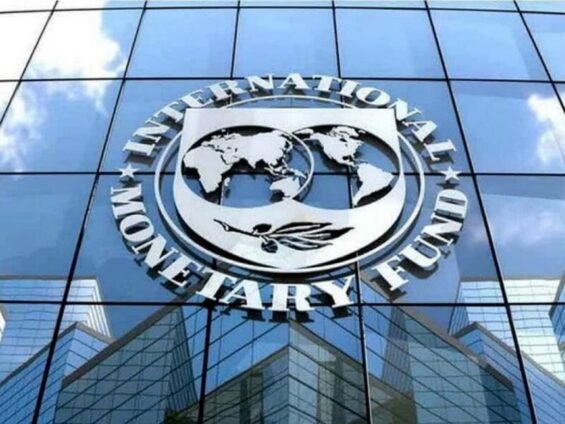
The Executive Board of the International Monetary Fund (IMF) is scheduled to consider Ghana’s fourth programme review on July 7, 2025, in Washington, DC.
JoyBusiness understands that the government has met nearly all the required conditions for the review to proceed as planned. Sources indicate that all necessary documents were submitted this week, satisfying the IMF’s four-day deadline ahead of Monday’s meeting.
The review follows a staff-level agreement reached in April 2025 on the fourth assessment of Ghana’s economic programme under the Extended Credit Facility (ECF).
Expected Impact
Sources suggest the Board is likely to approve the fourth review, paving the way for a disbursement of about US$370 million. This amount is expected to hit the Bank of Ghana’s account by July 11, 2025.
With this tranche, the total disbursement to Ghana under the ECF since May 2023 would exceed US$2.3 billion. Analysts believe this will significantly boost Ghana’s international reserves, as the IMF funds will be complemented by an additional US$360 million from the World Bank by the end of July 2025.
Programme Objectives and Progress
Ghana’s ECF-supported programme aims to restore macroeconomic stability, ensure debt sustainability, and lay the foundations for stronger, more inclusive growth.
A key target is to reduce Ghana’s debt to sustainable levels by 2028, bringing the debt-to-GDP ratio down to 55%. According to the Bank of Ghana’s latest figures, the country has already reached this milestone as of April 2025, partly due to the cedi’s sharp appreciation against the US dollar this year.
Commercial bank data shows the cedi has gained over 40% against the dollar since January 2025. President John Mahama recently stated at an African Development Bank event in Côte d’Ivoire that the cedi’s strength has helped reduce Ghana’s total debt stock by 150 billion cedis.
Another major target is to bolster international reserves. The Bank of Ghana’s May 2025 Economic Report indicates that reserves stood at US$10.6 billion at the end of April, providing 4.7 months of import cover — a significant improvement compared to previous years.
Credit: Joy Business




